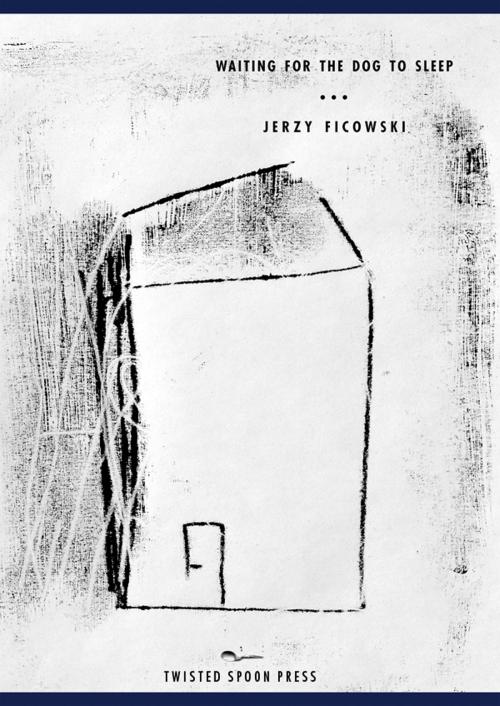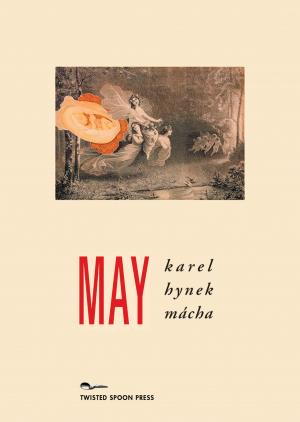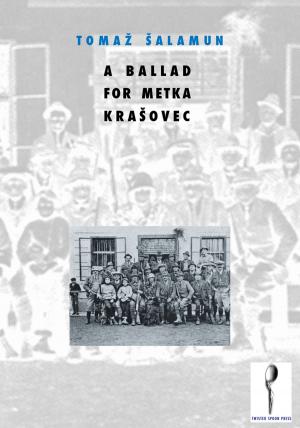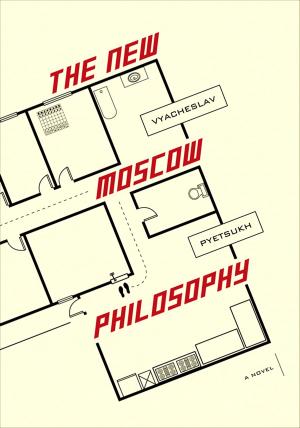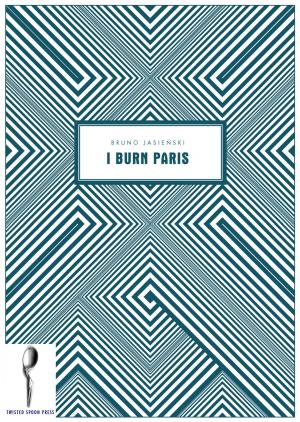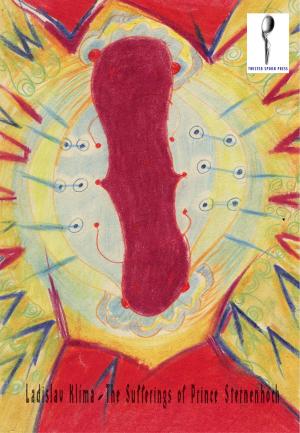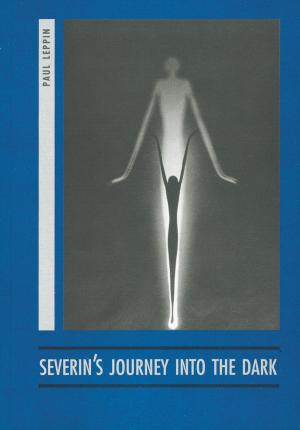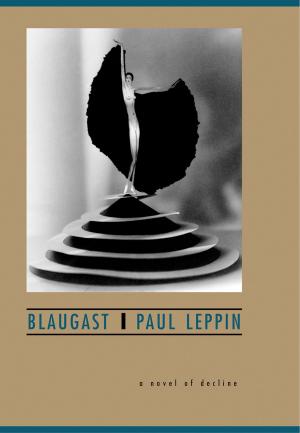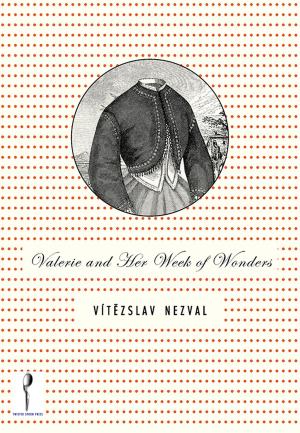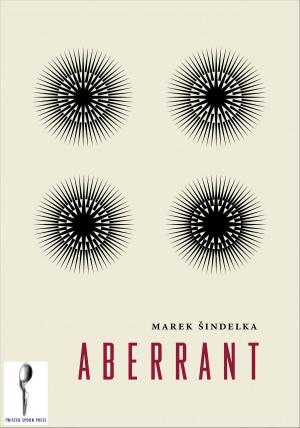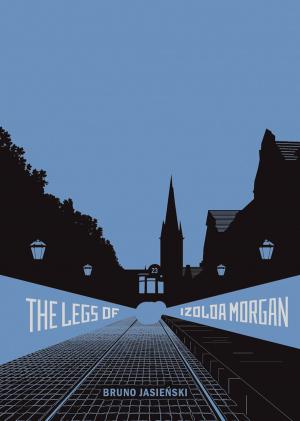| Author: | Jerzy Ficowski, Soren Gauger | ISBN: | 9788086264844 |
| Publisher: | Twisted Spoon Press | Publication: | July 23, 2013 |
| Imprint: | Language: | English |
| Author: | Jerzy Ficowski, Soren Gauger |
| ISBN: | 9788086264844 |
| Publisher: | Twisted Spoon Press |
| Publication: | July 23, 2013 |
| Imprint: | |
| Language: | English |
Waiting for the Dog to Sleep is poet, translator, and scholar Jerzy Ficowski's only collection of prose. In these short stories and sketches Ficowski reinterprets a question posed by the writer central to him, Bruno Schulz, about the mythologization of reality. For Schulz, fiction was a way of turning the quotidian into the fantastical and eternal. Ficowski's prose seems to reinterpret this approach to address the sense of loss and bleak landscape of postwar Poland. Effortlessly weaving memory, religious ritual, daily life, and the magical, he hints at a sinister presence lurking behind these dreamlike tales — a trace of ruin or disintegration always present as the narrator repeatedly struggles to link some aspect of a past that has been annihilated with a present that is foreign and hostile.
Not having belonged to any definable literary school or circle, Ficowski occupies an unique place in Polish literature. His only identifiable precursors might be Boleslaw Lesmian (whose Russian verse he has translated to Polish) and of course Bruno Schulz.
Waiting for the Dog to Sleep is poet, translator, and scholar Jerzy Ficowski's only collection of prose. In these short stories and sketches Ficowski reinterprets a question posed by the writer central to him, Bruno Schulz, about the mythologization of reality. For Schulz, fiction was a way of turning the quotidian into the fantastical and eternal. Ficowski's prose seems to reinterpret this approach to address the sense of loss and bleak landscape of postwar Poland. Effortlessly weaving memory, religious ritual, daily life, and the magical, he hints at a sinister presence lurking behind these dreamlike tales — a trace of ruin or disintegration always present as the narrator repeatedly struggles to link some aspect of a past that has been annihilated with a present that is foreign and hostile.
Not having belonged to any definable literary school or circle, Ficowski occupies an unique place in Polish literature. His only identifiable precursors might be Boleslaw Lesmian (whose Russian verse he has translated to Polish) and of course Bruno Schulz.
